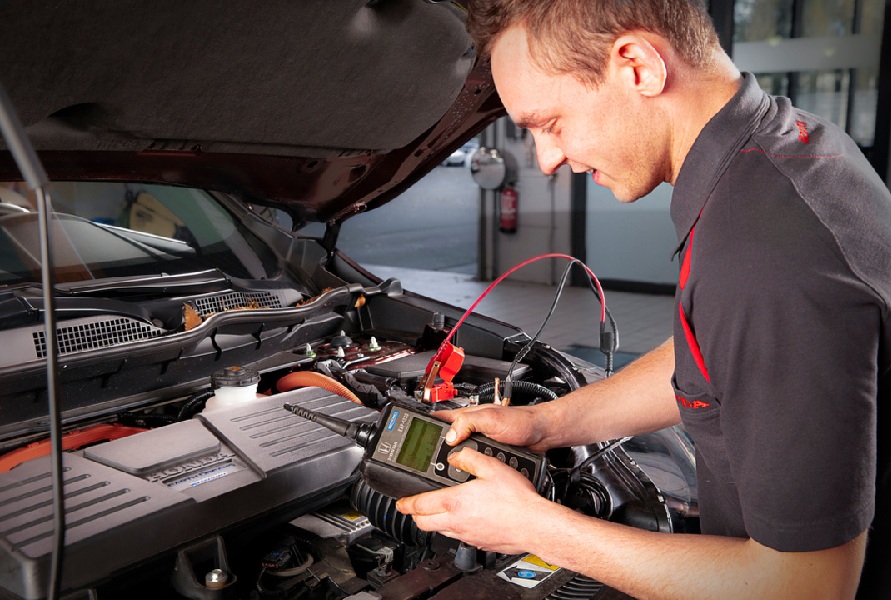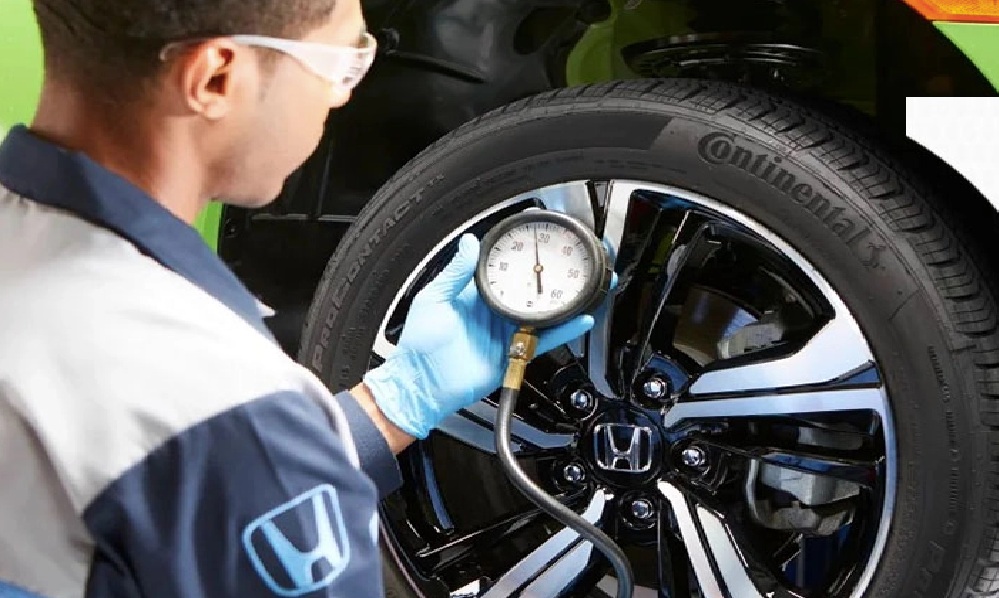The process of selling a car that belonged to a deceased loved one is often more than just a financial transaction. It’s a journey fraught with emotional challenges, memories, and difficult decisions. Let’s explore the emotional considerations involved in this process and provide guidance on navigating these complex feelings.
The Emotional Landscape
Grief and Loss
The car of a deceased loved one is more than just a vehicle; it’s a tangible connection to the person you’ve lost. It may hold countless memories of trips taken together, conversations shared, or simply the comfort of their presence. Selling the car can feel like severing another tie to your loved one, potentially triggering a renewed sense of grief and loss.
Guilt and Obligation
Many people experience feelings of guilt when considering selling a loved one’s car. You might worry that you’re somehow dishonouring their memory or that they wouldn’t have wanted you to sell it. There may also be a sense of obligation to keep the car in the family, even if it’s not practical or financially feasible.
Attachment and Nostalgia
The car might hold sentimental value beyond its monetary worth. Perhaps it was your loved one’s prized possession, or maybe it played a significant role in family traditions. Parting with it can stir up strong feelings of nostalgia and a desire to hold onto the past.
Stress and Overwhelm
Dealing with a loved one’s estate can be overwhelming, and the car is just one piece of a larger puzzle. The added emotional weight of selling the vehicle can contribute to feelings of stress and anxiety during an already difficult time.
Navigate the Emotional Journey
Acknowledge Your Feelings
The first step in dealing with the emotional aspects of selling a loved one’s car is acknowledging and validating your feelings. It’s normal to experience a range of emotions, sometimes conflicting ones. Give yourself permission to feel whatever comes up without judgment.
Take Your Time
There’s no need to rush the process if you’re not emotionally ready. Take the time you need to come to terms with the decision to sell. If possible, allow yourself a period of adjustment before diving into the practical aspects of selling the car.
Seek Support
Don’t go through this process alone. Reach out to family members, friends, or a grief counsellor for emotional support. Talking about your feelings can help you process them and gain new perspectives.
Honor Memories
Before selling the car, consider ways to honour the memories associated with it:
- Take photos of the car to keep in a memory book
- Go for one last drive to a meaningful location
- Keep a small memento from the vehicle, like a keychain or ornament
Involve Family Members
If appropriate, involve other family members in the decision-making process, which can help distribute the emotional burden and ensure consideration of everyone’s feelings. It may also prevent potential conflicts down the line.
Focus on Practicality
While acknowledging the emotional aspects, try to balance them with practical considerations. Think about what your loved one would have wanted regarding financial responsibility and practicality for the family.
Consider Alternatives
If selling feels too difficult, explore alternatives that might ease the emotional burden:
- Keeping the car in the family by transferring ownership to a relative
- Donating the car to a charity your loved one supported
- Using the vehicle for a specific purpose that honours their memory
Create a Ritual
Consider creating a small ritual or ceremony before selling the car, which could involve gathering family members to share memories, writing a letter to your loved one about the decision, or simply spending some quiet time with the vehicle.
Be Prepared for Unexpected Emotions
Even if you feel ready to sell, be prepared for unexpected emotions to surface during the process. Cleaning personal belongings from the car or handing over the keys can trigger strong feelings.
Practice Self-Care
Throughout the process, prioritize self-care, which might include:
- Getting enough rest
- Engaging in activities that bring you comfort
- Practicing mindfulness or meditation
- Maintaining a healthy diet and exercise routine
- Find Ways to Continue the Connection
Remember that selling the car doesn’t mean losing your connection to your loved one. Find other ways to maintain that connection, such as continuing traditions they enjoyed or supporting causes they cared about.
How To Handle Potential Buyers
Be Honest but Selective
When interacting with potential buyers, being selective about how much personal information you share is okay. While it’s essential to be honest about the car’s history, you don’t need to divulge details about your loved one or your emotional attachment to the vehicle unless you feel comfortable doing so.
Set Boundaries
Establish clear boundaries for yourself during the selling process, including limiting the times you’re available for calls or showings or having a friend or family member present during interactions with buyers.
Prepare for Questions
Be prepared for potential buyers to ask questions about the car’s history. Decide in advance how much you’re comfortable sharing, and have a plan for redirecting conversations if they become too personal.
After the Sale
Allow for Mixed Emotions
After selling the car, it’s normal to experience a mix of emotions. You might feel relief, sadness, or even regret. Allow yourself to process these feelings without judgment.
Reflect on the Positive
Try to focus on the positive aspects of selling the car. Perhaps the funds will help with estate expenses, or the car will go to someone who really needs it. Remember that your loved one’s memory lives on in your heart, not in material possessions.
Consider a Memorialization Project
Channel your emotions into a project that memorializes your loved one, such as creating a photo album, writing down favourite memories, or starting a tradition in their honour.
Sell Your Late Ones Car With Grace and Care
Selling a deceased loved one’s car is a process that intertwines practical necessities with deep emotional considerations. You can navigate this challenging task with grace and care by acknowledging the emotional aspects, taking your time, and finding ways to honour your loved one’s memory. Remember that there’s no “right” way to feel during this process, and seeking support when needed is okay. Ultimately, the memories and love you shared with your loved one are what truly matter, transcending any material possessions.




